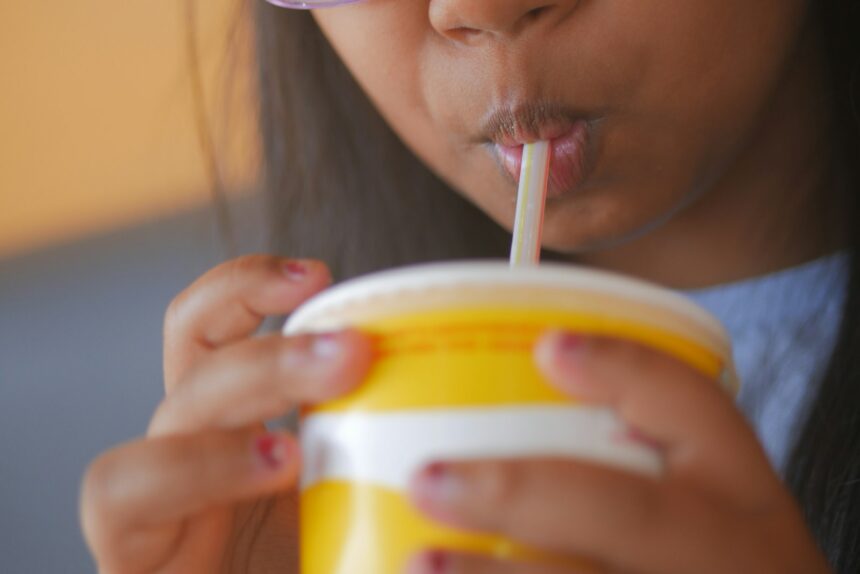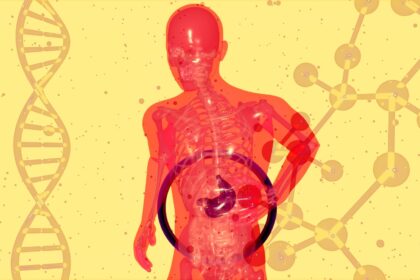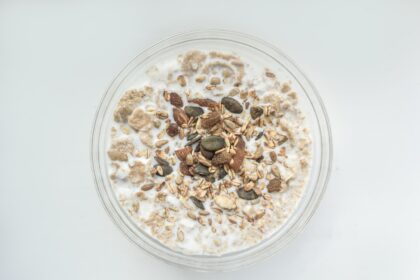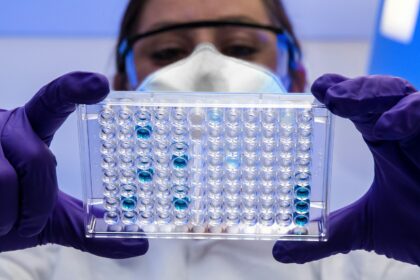When it comes to children’s diets, many parents dismiss warnings about certain beverages as old-fashioned wisdom. It may seem safe enough to let kids sip a soft drink or a juice occasionally. But modern clinical studies show that some popular drinks can cause significant harm to young bodies, and the risks are often overlooked. These beverages aren’t just unhealthy indulgences—they can threaten children’s growth, bone strength, and overall development.
Infants and young children are especially vulnerable because their bodies are still developing and their organs are less resilient. Caffeine, high sugar content, added acids, and stimulants can all interfere with normal growth. While adults often tolerate these elements without immediate consequences, most pediatricians warn against any regular exposure for kids of certain ages. Learning which drinks are truly harmful can help parents make informed choices.
The following descriptions reveal which four widely consumed beverages science confirms should never be offered to children. Each one poses a unique threat that parents ought to take seriously—especially when it comes to long-term health.
Fizzy Soft Drinks: A Danger to Children Under 12
Many children find cola and other fizzy soft drinks irresistible, especially as they begin to taste sweetness and fizz. Beyond the obvious concern of sugar overload, these drinks also contain phosphorus acid, which can combine with caffeine to dramatically reduce calcium absorption. The effect is not just dental decay but also optimal bone density impaired during critical years of skeletal development.
A major study like the Framingham Osteoporosis Study has confirmed that regular exposure to these ingredients can leave bones weaker and more brittle—even long after childhood. Because children’s bones are still mineralizing, losing calcium at this stage can increase fractures and stunt growth. For these reasons, experts strongly advise against giving carbonated soft drinks to any child younger than 12, when the bones are under construction and caffeine is not yet safe.
Packaged Fruit Juices and Lemonades: Not as Sweet as They Look
It is common for parents to think packaged juices are a healthier alternative to soda simply because of their “fruit” branding. However, these drinks often contain minimal natural juice and high levels of added sugar and artificial sweeteners. In effect, they deliver empty calories and spike blood glucose levels without the nutritional benefit of fiber or antioxidants.
Peer-reviewed studies show a clear connection between regular consumption of these beverages and increased risks of childhood obesity, dental cavities, and allergies. Many children who rely on these drinks end up consuming more sugar than they need, which can lead to metabolic imbalances and food sensitivities. For this reason, health authorities recommend avoiding these packaged juices completely until at least 11 years of age.
Coffee and Strong Tea: Too Much Stimulation Before 16
While adults may enjoy coffee or strong tea every day, children’s brains and nervous systems respond differently to stimulants. Caffeine can quickly cause overstimulation, sleep disruption, elevated blood pressure, and anxiety in young minds. Brain development remains particularly sensitive through adolescence, and coffee can interfere with restful sleep and concentration at school.
Due to this sensitivity, doctors advise that children should not consume coffee or strong tea until at least 16 years old. Until then, their bodies are not equipped to regulate the stimulant properly, and the side effects may outweigh any perceived benefits of energy or focus. Teachers and pediatricians alike frequently observe that caffeine exacerbates behavioral issues or hyperactivity in school-aged children.
Energy Drinks: Absolute No for Under 18
If there is one drink category that pediatricians universally condemn, it is energy drinks. These beverages often pack massive amounts of caffeine, sugar, and herbal stimulants all in one can. For a developing heart and nervous system, the effect can be disastrous— causing arrhythmias, palpitations, and even cardiac events in teenagers.
Young people may be drawn to the flashy marketing and promise of “instant energy,” but the reality is that energy drinks expose them to levels of stimulants far beyond safe limits. Studies have linked adolescent consumption of these products to serious cardiovascular concerns, mood instability, and addiction to high-caffeine intake. For these reasons, medical professionals strongly recommend no one under 18 ever consume energy drinks.
What Should Kids Drink Instead?
When in doubt, the safest and healthiest beverage for children of all ages remains plain, clean water. It hydrates without introducing sugar, acids, or stimulants. Parents can also offer homemade drinks like compote or uzvar—traditional fruit-infused brews that are naturally sweet but low in sugar. Unsweetened herbal teas may be acceptable in moderation for older children, but only after consulting a pediatrician to ensure they are safe.
Avoid store-bought “healthy” smoothies or drinks unless they are verified free of added sugars and preservatives. Even seemingly innocent products can hide ingredients that are harmful in small developing bodies. As always, moderation is key—but avoidance of harmful drinks entirely is often the wiser choice.
Choosing not to serve these four beverages is not about depriving children of fun—it’s about protecting their long-term wellbeing. Childhood is a crucial time for building strength, immunity, and healthy patterns. Every sip matters: what seems harmless or normal today could lead to complications later. By relying on water and simple homemade options, parents support their child’s growth without risking harmful side effects.










